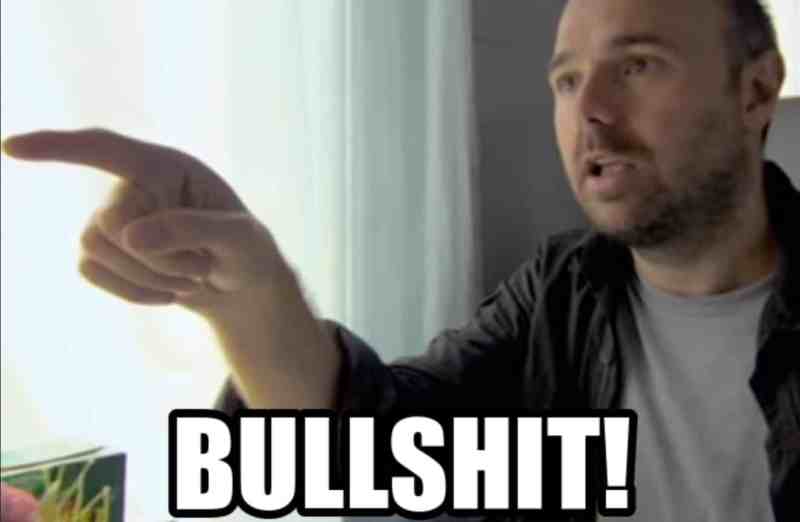
If you're looking for how to write a personal statement for UCAS this year, we've put together a list of the top Personal Statement Dos... and the absolutely DO NOTS!
Do...
Make a plan
Don't just jump right in else you'll only end up with a jumbled mess of ideas and thoughts that will never flow. Draw up a rough outline for your statement, which will generally start with an introduction about yourself, before going on to detail your academic achievements, work experience and career prospects as well as your social activities, linking them all to your prospective University course.
Give Evidence
Personal statements are an easy place for people to claim all sorts without having to actually back it up. Avoid falling into the trap of making weak assertions by supporting what you say, whether it be from what qualifications you're studying, what work experience you've undergone, what your hobbies are or just what books you've read.
Show enthusiasm
Your personal statement is about selling yourself so be positive about your abilities and personality and avoid negatives. Don't lie, of course, but that doesn't mean you have to mention that dropped A level. Instead, highlight your strong points and tell them why they should want you on their course.
Check it over
Once you're finished, read it through and check it all makes sense, flows well and of course has all the correct spelling, grammar and punctuation. Get someone else to read it over and preferably a education related professional, such as a teacher or tutor.
You may wish to avoid asking your own teachers who may give a biased view, after all the University admissions staff will be judging you based on your statement won't know anything else about you.
Make it PERSONAL
A statement full of facts and figures about qualifications could be from anyone so be sure to add some personality to your essay. Mention your extra circular activities, hobbies and so on, but be sure to try and relate them either to the course you're applying for or your potential career.
Don't...
Copy
Really should go without saying: Just don't do it. You may be quizzed about your personal statement in University interviews and being found to have plagiarised it in whole or part will put your University places at risk. Worst case scenario: Your whole application is kicked out from UCAS.
Just list your qualifications
Your qualifications and A level subjects will be sent alongside your statement so don't waste time listing them out again (plus, it's REAL boring to read). You may want to explain what you in those particular subjects or areas however if they're closely related to your degree subject.
Include an X Factor style sob story
The fact that your cousin's hairdresser's boyfriend's son's pet hamster fell down the toilet is not of interest here.
Use cliches
There are so many: Openings such as 'Ever since I was young' and 'For as long as I can remember' are used in literally hundreds of personal statements every year so try to avoid them, the same goes with certain words like 'passion'.
> Personal statement cliches: How NOT to write a UCAS Personal Statement

